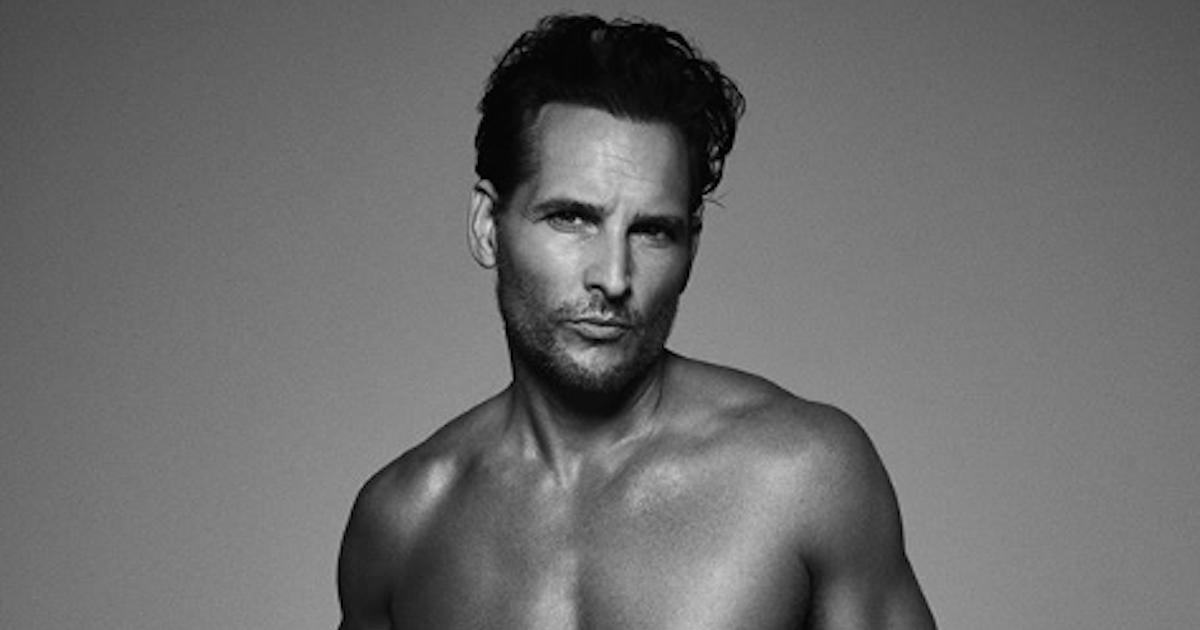Prostate Cancer Awareness
- Actor Peter Facinelli is calling for men to get screened for prostate cancer
- Facinelli’s father was diagnosed with prostate cancer, but beat the disease because it was diagnosed early
- PSA tests and rectal exams are effective screening tools for men
Facinelli, 46, wrote a passionate message on Instagram talking about how it’s critical men be proactive in their health, and undergo regular prostate cancer screenings so, if diagnosed, they can catch it early. Facinelli personally knows how important cancer prevention is, as his father, Pierino, was diagnosed with prostate cancer. However, it was an early stage, and according to Facinelli, his treatment was successful.
Read Morehttps://www.instagram.com/p/CEmbRr7BKLY/
https://www.instagram.com/p/CEnFZSqFqa7/
https://www.instagram.com/p/CEmjW-qFHab/
Preventing & Screening for Prostate Cancer
When it comes navigating a cancer diagnosis, the earlier it’s caught, the more treatment options are. For prostate cancer, guidelines say that men should start screening for the disease at age 55 and continue until they’re about 70. Effective screening methods include the PSA blood test and a rectal exam, and the PSA test has shown to be effective for younger men.
“That PSA test at a younger age, it’s a more accurate test because the prostate has not increased in size, which can cause the test to be more difficult to interpret,” Dr. David Wise, a medical oncologist at NYU Langone Health, tells SurvivorNet. “PSA screening saves lives. It’s a consensus. It’s established. That’s where we stand today.”
Experts talk to SurvivorNet about screening guidelines for prostate cancer
Lifestyle doesn’t cure cancer, but it has been proven to lower your risk of a diagnosis. New guidelines from the American Cancer Society (ACS) recommend people maintain a healthy and moderate weight by practicing a nutritious diet and physical activity regularly.
New guidelines emphasize getting a variety of fruits and vegetables in every day including dark green, red and orange vegetables, whole fruits and whole grains. Red and processed meats, sugary drinks and processed foods should all be avoided or consumed on very rare occasions.
Dietician Krista Maruschak explains how a healthy diet can cut your cancer risk
Learn more about SurvivorNet's rigorous medical review process.


